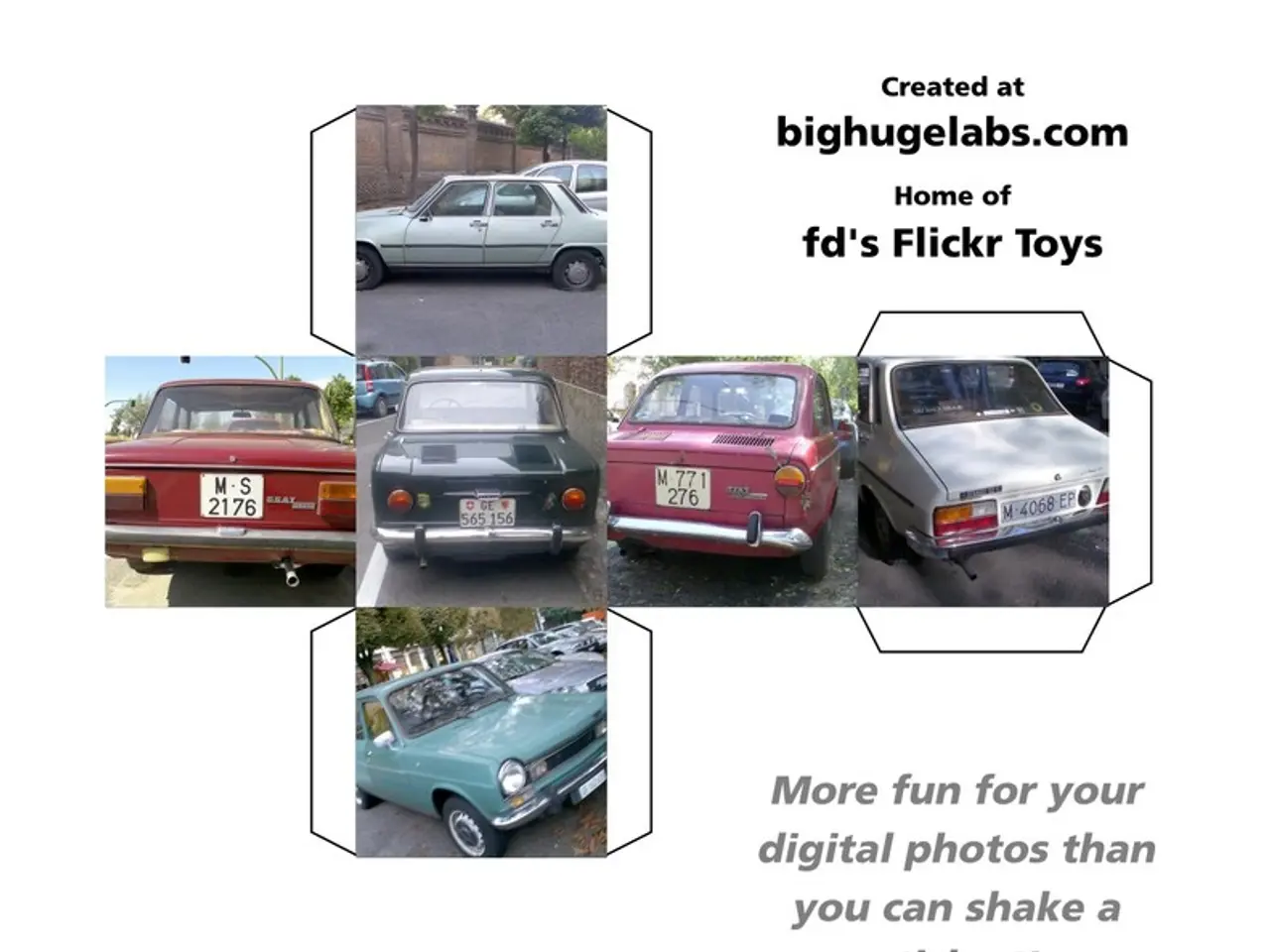The Tesla Model 3 as the potential transport for an eco-friendly tomorrow?
In a move towards a cleaner and more sustainable future, electric vehicles (EVs) are emerging as a promising alternative to conventional vehicles. On average, EVs emit just 214g of carbon dioxide per mile in the U.S., a significant reduction compared to traditional vehicles.
The rise of EVs, however, is not the sole solution to the challenges posed by transportation. Selling millions more EVs won't magically solve issues such as congestion, road safety, equal access to opportunity, or other mobility problems. Instead, a comprehensive approach is needed.
This is where the Avoid-Shift-Improve (ASI) Framework comes into play. This guide offers a new approach for companies aiming to adapt to tomorrow's markets, moving beyond outdated models of selling more cars to more people. The ASI Framework encourages the avoidance of unnecessary trips, the shift towards more sustainable modes of transport, and the improvement of existing transportation technology.
Investments in walkable, mixed-use neighborhoods, telecommuting from home, and robust public transit systems can boost GDP, create new jobs, and result in substantial cost savings. Research shows that connected cities with such infrastructure not only reduce carbon emissions but also contribute to economic growth.
The ASI Framework, when combined with the improvement of transportation technology like EVs, is the key to creating safer, cleaner, more convenient, affordable, and sustainable transportation. Cities around the world are growing at unprecedented rates, and urban residents will have more money to invest in their transportation needs.
The EV market is projected to grow significantly in the coming years. Bloomberg New Energy Finance predicts that EVs will account for more than half of new car sales by 2040. Companies like Volvo Cars and General Motors have already made commitments to electric and hybrid vehicles, with Volvo announcing all of its new models will be electric or hybrid by 2019, and General Motors' Chevy Bolt rolling out nationwide in early August.
Even Elon Musk, CEO of Tesla, shared the first images of a production Tesla Model 3 last month, further solidifying the company's position in the EV market.
However, the race to lead the EV market is not just between tech giants. Traditional automakers are also making significant strides. Ford, for instance, has made investments in ride sharing and bike sharing, signalling a shift in the company's focus.
As the world moves towards a more sustainable future, investors are keenly watching the automotive industry, assessing the leaders and laggards, and understanding who is positioned to win or lose.
Countries and regions are also making bold moves to phase out petrol and diesel cars. The United Kingdom, Scotland, the European Union, France, and India have all set targets to ban the sale of new petrol and diesel cars by 2040 or earlier. London plans to ban driving combustion vehicles by 2040, while Norway aims to end sales of gasoline and diesel cars by 2025.
The World Resources Institute's paper, "Elephant in the Boardroom," outlines three ways automakers might respond to market transformation: ignoring signals, making incremental progress, or embracing new business models and mobility services. The choice is clear: to address climate change and ensure a sustainable, equitable future, companies must embrace the ASI Framework and the electric vehicle revolution.
Read also:
- Transforming Digital Inventories in the Food Industry: A Comprehensive Guide for Food Businesses
- Munich Airport Unveils Its New Electrical Vehicle Charging Parksite
- Vehicle electrification and bidirectional charging technologies could potentially reduce EU energy expenses by a staggering €22 billion annually by the year 2040.
- Rapid Construction of Rajasthan's 435 Megawatt Solar Power Plant in Eight Months Reduces Carbon Dioxide Emissions by Over 700,000 Tons







